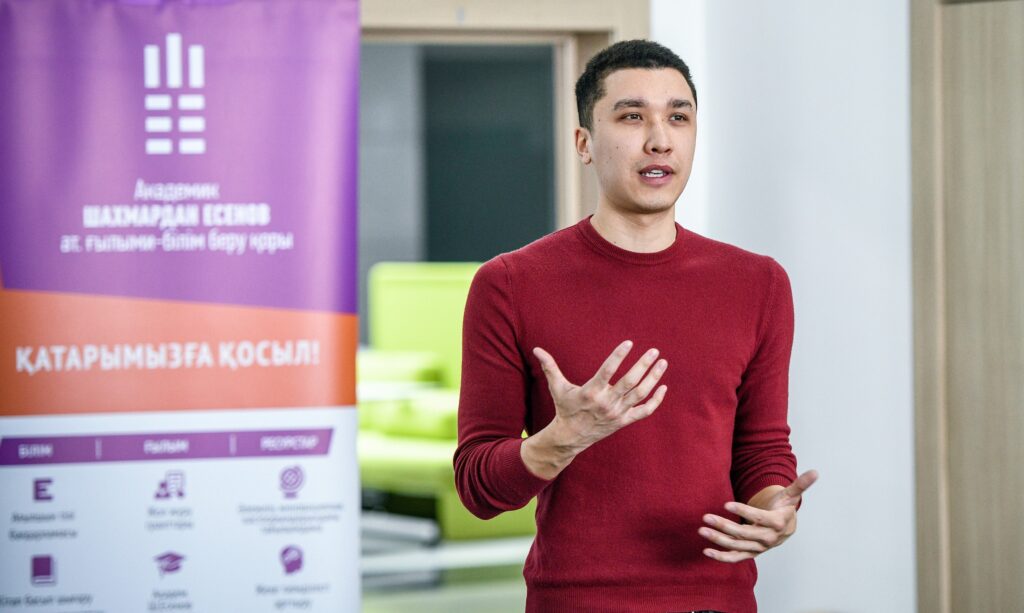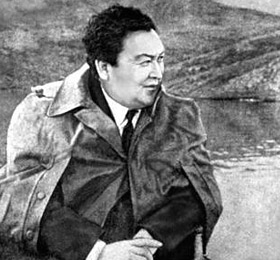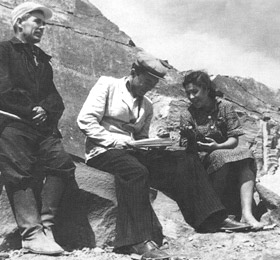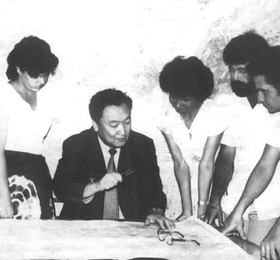Bexultan Abylkhani
Specialization: Civil and Environmental Engineering. Master’s degree: University of Wisconsin-Madison.
 More than two years ago, the then-bachelor-graduate Bexultan won a Shakhmardan Yessenov Foundation grant for an internship in the UK. Completed it successfully. Today, at the age of 24, he has completed his master’s degree – he also completed it for a grant that he won in the Foundation’s competition.
More than two years ago, the then-bachelor-graduate Bexultan won a Shakhmardan Yessenov Foundation grant for an internship in the UK. Completed it successfully. Today, at the age of 24, he has completed his master’s degree – he also completed it for a grant that he won in the Foundation’s competition.
Let us start from the present, Bexultan. What is happening in your life now?
I have managed to get a one-year work permit, and currently doing a postgraduate internship, and am working as an environmental engineer with First State Tire Recycling. I continue my research studies there. I plan to go home in the winter.
Why did you decide to switch from chemical engineering to environmental engineering?
During my undergraduate studies, I participated in research related to ecology: wastewater treatment, alternative energy, and waste management. I believe the decisive factor was my internship with the Faculty of Energy and Environmental Science at the British Open University.
You completed your bachelor’s degree at NU and received invitations from several universities, in particular, the University of Stuttgart. Why did you end up choosing to study at a university in the US?
After completing my bachelor’s degree, I worked for a year as a research assistant within the Department of Chemical Engineering at NU. This gave me an added advantage when applying for my master’s degree. I chose the University of Wisconsin-Madison for several reasons. Chief among them is its rating, the English-speaking environment, the university’s partnership with NU, and the large community of our students.
 What was the most interesting part of the master’s grant competition?
What was the most interesting part of the master’s grant competition?
All the fund’s competitions are unique and interesting in their own way. This is remembered for its four-stage selection process, which was the most thorough compared to other competitions. The competition was difficult, and the rivalry among the applicants was fierce.
How were your master’s degree studies?
It was quite a challenge. In my last semester, I took up seven “graduate-level” subjects – that’s a lot. I also assisted the professor. Later, with the outbreak of the COVID-19 pandemic, I had to switch to online training. My supervisor helped me plan experiments on purifying water from orthophosphate (this is the most common pollutant of rivers and lakes) using the metal wires from old tires. Research work here usually involves an industry partner, and we also had one, which is the company where I now work. Despite the fact that we had to postpone all experiments in the laboratory for a while due to the lockdown, we resumed our work in the summer at the enterprise itself. We carried out water purification in a continuous mode.
Production was done in a different state. When you arrived in Minneapolis, there were riots. How did this affect your work?
Because of the state of emergency and quarantine that had been introduced, I spent a whole month reviewing scientific literature, purchasing equipment and assembling the installation. The experiment continued in early July.
How did you manage to get a work permit in the United States at such a difficult time?
After completing a master’s degree, any university graduate in the US can apply for a one-year internship and work permit. I got the job because the company was interested in our research. I am currently working and conducting scientific experiments. Our work was also accepted for a scientific conference, and we are preparing the report.
4.11.20, Stories
Seen by: 1,146




